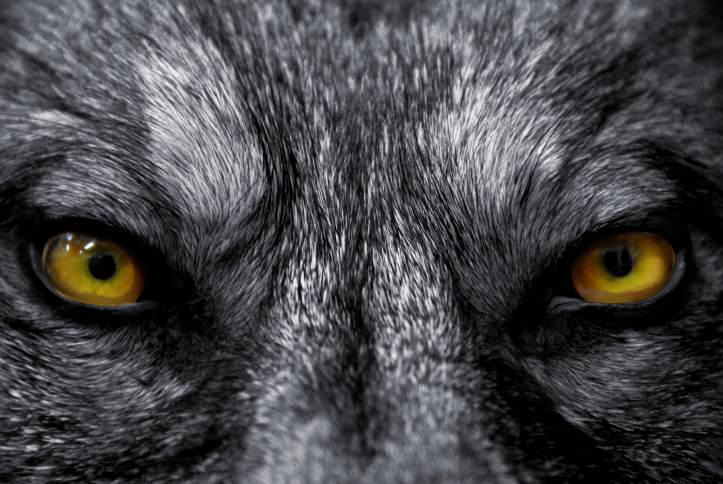
May 21, 2012, by Maggie
Presenting to the media: a survivors’ guide.
Following the latest week long Sustainable Decisions and Organisations MBA Module (see changing behaviours ), John Ware former BBC Panorama Journalist and a regular at the ‘faux’ press conference offered the following advice to students.
With his permission, we thought it was advice worth sharing more broadly.
————
I want to stress again that NO CRITICISM was intended last Friday when abuse was hurled at the students. I’m sure they know this by now. For unless one has had first-hand experience of the perverse and primeval instincts that motivate the media, one can’t reasonably be expected to have known any better.
So here’s my survivors’ guide:
1. With honourable exceptions amongst my media colleagues (and there are some) they hunt as a pack. Like WOLVES, they seek blood, and when they scent it, they go in for the kill. The wolf pack is not sentimental. It is animalistic. It shows no mercy, most especially when a big household name is hit by a crisis. Showing mercy or magnanimity does not sell newspapers. Nor does it make for sexy sound bites on the evening news. So – when you walk into a press conference BE PREPARED. And think: “WHAT WOULD A WILD ANIMAL DO?”
2. As you know, when confronted by a wild animal the worst thing to do is to show fear. DO NOT SHOW FEAR. And you can overcome your fear by REALLY GOOD PREPARATION. Preparation is best achieved by having had a role- play (i.e. a rehearsal) amongst yourselves before the press conference: anticipate what questions the wolves are likely to ask. And that’s easy: almost nothing is too low for them to stoop to – especially personal questions. Essentially, what the wolves want to know is: CAN YOU WALK THE TALK? If they think you do walk the talk, you will be their darling. Short of projecting a serene Ghandi-like confidence that all will be well in the end, however, they won’t believe you. As soon as they suspect you can’t walk the talk, you will be blood and bones by the next edition.
3. So – whatever you do, DO NOT OFFER HOSTAGES. And on NO ACCOUNT USE AUTO-GUFF, by which I mean DO NOT parrot something like: “This company deeply regrets the exploitation of vulnerable children because the company’s ethos is rooted in ethical values…” blah blah blah blah. You have just thrown a juicy fat limb to the wolves because their instinctive reaction is to lick their lips and ask: “Oh yeah? Let’s just see about that.” And your high minded words will be put to a remorseless test: “How much?, When? What? How?” The wolves will demand specifics and it may not much matter that you haven’t had time to work them out. And if your offer of recompense seems very generous the wolves will then ask: ‘So that won’t leave you any money to build the rosy future you’ve been boasting about, will it?” One way or another the wolves will be out to get you.
4. USE PLAIN COLLOQUIAL LANGUAGE. USE HUMOUR and just a bit of SELF DEPRECATION. (not too much, mind, otherwise they will turn on you and tear you to shreds). Used skilfully, humour and self-deprecation can turn you into an attractive person and it just might distract the wolves from their prey.
5. And always remember this: If you do end up running a company that is suddenly hit amidships by a major crisis, you won’t be able to win. The best you can hope for is to halt the attack, limit the damage. So – humility, plain speaking, candour, and really good preparation, all are key to survival to fight another day.
6. Finally: NEVER EVER COMPLAIN about the wolves. They don’t like it. They have power without too much responsibility – although they will tell you they take their responsibilities very, very seriously indeed. Some do; many don’t. All this is very unsatisfactory, I know. I feel your frustration because most folk are decent honest people who mean well and want the best for everyone. I accept that. The wolves don’t, however. And they have the last word, not you. Why? Because in a democracy, the press is a BLUNT INSTRUMENT. And in a funny way, for all its grievous imperfections, it does – sort of – keep us honest because it keeps us on our toes. And this BLUNT instrument with its freedom to abuse is, unfortunately, a sine qua non of democracy. As Churchill said: “Democracy is the worst form of government, except for all those other forms that have been tried from time to time.”
Goodbye. And the very best of luck.
John Ware
No comments yet, fill out a comment to be the first

Leave a Reply